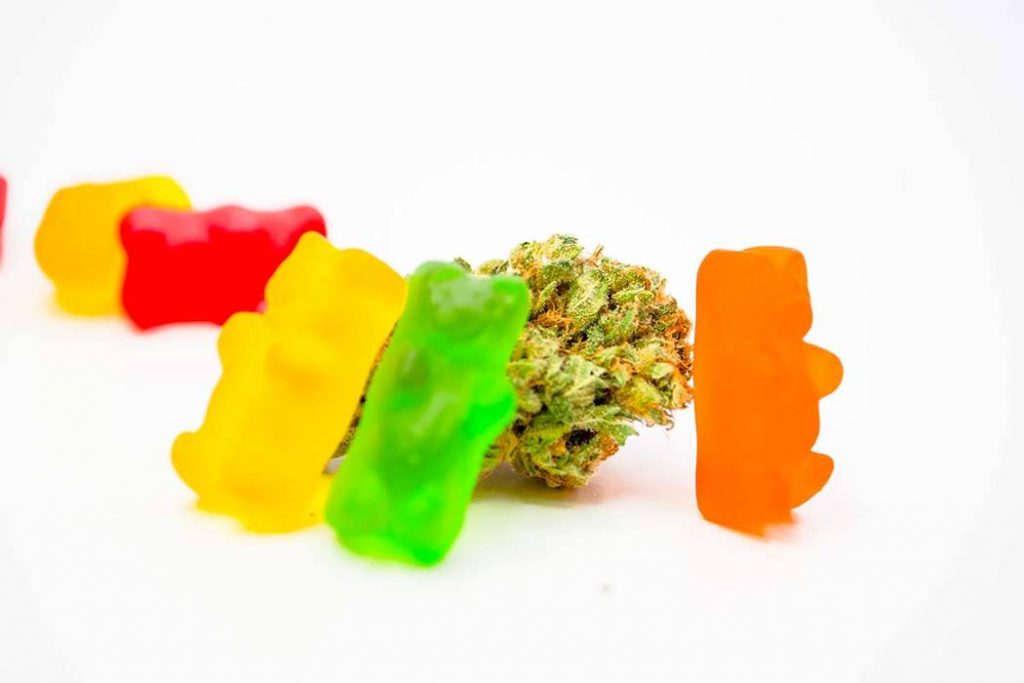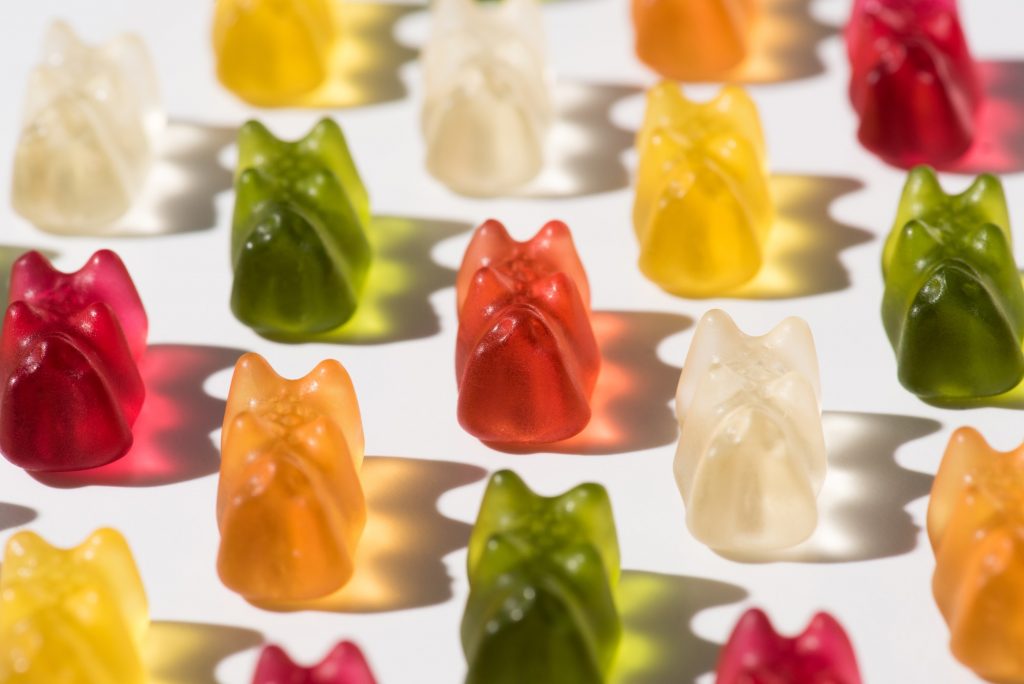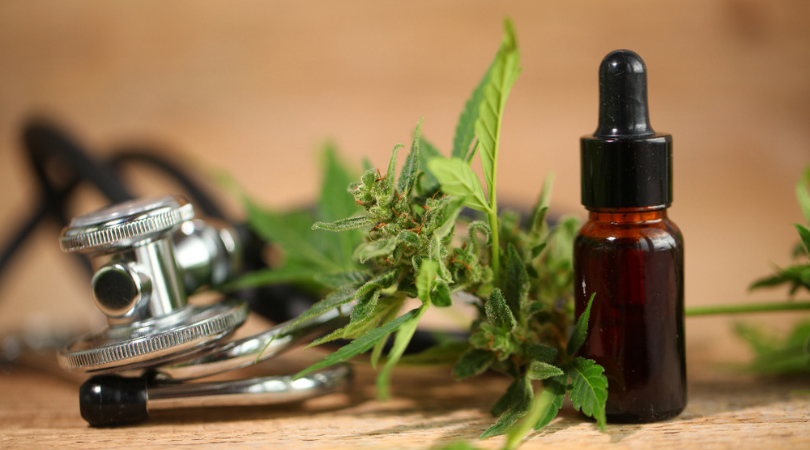Cannabidiol has long been used for medical purposes. It is important to clarify that this is not about the hallucinogen that is found in hemp, but rather about the substance that has the maximum amount of nutrients and has no side effects. On the basis of CBD, medical preparations have been created for a long time, which are actively used in various industries. People practice the external use of this oil, which has an excellent effect on the skin and hair, as well as internal use. There are even special cbd gummies for sale that are usually given to children. They can be used both for preventive purposes and for treatment.

The benefits and harms of CBD
Cannabidiol (CBD) is legalized in many countries around the world. This cannabinoid is used to treat various diseases and as a dietary supplement. We analyzed the results of scientific research and compiled a list of the healing properties of CBD and side effects. If you are interested in starting to accept CBD, then first you should study the materials of this article, and only then make a final decision.
Medical Potential of Cannabidiol
In clinical trials, it was proved that CBD:
- reduces the risk of developing diabetes, obesity and certain types of cancer;
- normalizes the level of cholesterol in the blood and reduces the likelihood of cardiovascular disease;
- has a beneficial effect on the brain and helps it recover from injuries and illnesses;
- strengthens bones and promotes their regeneration after fracture;
- improves skin condition;
- relieves pain and relieves inflammation;
- reduces stress and anxiety;
- relieves symptoms of emotional distress (eg, depression);
- improves the quality of sleep;
- contributes to getting rid of drug addiction;
- normalizes appetite.

Side Effects of CBD
In published studies, it is indicated that taking cannabidiol in a large dose (over 100 mg per day) can cause the following side effects:
- change in appetite;
- fatigue;
- diarrhea;
- anxiety;
- drowsiness;
- mood swings;
- nausea and dizziness;
- vomiting.
As a result of clinical trials, scientists drew attention to several specific consequences of consuming CBD:
- daily intake of cannabidiol in a dosage from 100 to 600 mg leads to a decrease in pressure and psychomotor activity, causes a dry mouth and has a strong sedative effect;
- people who consume more than 600 mg of CBD every day often have hypokinesia (a condition of insufficient motor activity of the body) and tremor;
- cannabidiol affects the metabolism of certain drugs and therefore reduces the degree of their effectiveness or leads to intoxication.

A report by the American Academy of Pediatrics said that cannabidiol should not be taken by pregnant women and nursing mothers, since cannabinoid can adversely affect the development of the child. In particular, CBD increases the permeability of the placental barrier, therefore, a greater number of substances penetrate the fetal circulatory system.
Is cannabidiol safe for health?
Unlike tetrahydrocannabinol (THC), cannabidiol is not a toxic substance, as it does not lead to intoxication. In 2017, the World Health Organization recognized that CBD does not harm human health and does not cause addiction. The U.S. Drug Enforcement Administration has confirmed the safety of CBD and has moved cannabinoid from the first list of drugs to the fifth (chemicals with the lowest risk). At the same time, hemp remained in the first list. Consequently, CBD-based drugs can be taken without any risk to health, so you can be absolutely sure that this kind of medicine will bring you exclusively benefits.

